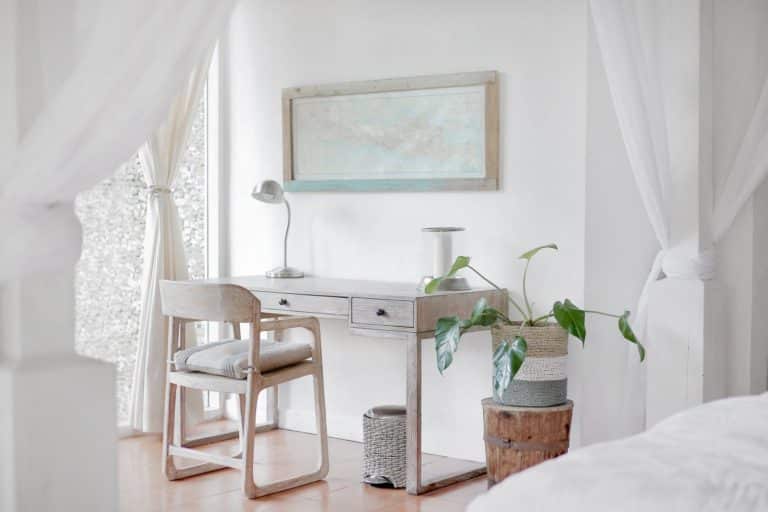Buying another property is a dream for many homeowners. Who wouldn’t want to own an additional home, or even earn income from it?
But getting a mortgage for an investment property or second home is more complicated than getting a mortgage for your primary residence. If you’re thinking about adding another home to your property portfolio, here are a few things you should know.
What makes an investment home different from a second home?

Whether it’s a second home or an investment home, the purchase of an additional property is a pretty serious investment for a buyer. But for mortgage lenders, there are big differences between the two property types that require the distinction.
When most people think of second homes, they think of vacation homes. A cozy cabin in the woods, maybe. A sun-soaked bungalow on the beach. Of course, second homes don’t have to be strictly for fun. You could buy a second home in a city you travel to frequently for business, for example.
As far as your mortgage lender is concerned, the thing that makes a second home a second home is that you, the homebuyer, intend to live in your second home for some part of the year. In other words, a second home is a residence for your personal use.
Now, if you don’t intend to live in the house you’re buying—or if you intend to live there for a few weeks a year, maybe, but plan to rent the property to tenants most of the time—then your mortgage lender will view the home as an investment property.
So what is an investment home?

An investment property is any home you purchase for the purposes of generating income. An investment property could be a home you plan to improve and then sell. It could be a property you intend to rent out to others. Or it could just be a home in an area where you expect property values will rise.
Whereas your first property could be seen as a place to live, and a second home could be a place to play – an investment property is a place you expect to, in a sense, work for you as a value-creating asset.
What if I want to rent my second home to tenants all or part of the year?
You may be able to offer your second home to tenants for short-term rentals for part of the year. Rules on renting out second homes on services like Airbnb have softened recently. But be sure you understand the fine print before you rent out the place. Offering your second home for rent for more than the allowed number of days could result in your lender calling your mortgage due in full, immediately.
Also worth noting: you won’t be able to count any potential rental income toward the total income level you need to qualify for the mortgage on a second home. You could potentially count rental income toward your total income for an investment property. (Though in that case, your lender may want to see that you’ve had experience managing rental properties before agreeing to count on future rent to help you pay your investment property mortgage. After all, managing tenants isn’t easy.)
Things to know before buying an investment home

You’ll Need a Significant Down Payment
For primary residences, mortgage insurance protects lenders who agree to loan mortgages to homebuyers without significant down payments. With mortgage insurance, your lender is protected if you are unable to repay your mortgage.
But mortgage insurance isn’t available for investment properties or vacation homes. Without it, the risk to your lender goes up. From a practical standpoint, that means your lender will likely require a significant down payment. For an investment property, expect to put down at least 20% – but 25% to 30% down is not unheard of.
Buying an additional property means tougher requirements
Lenders have much stricter underwriting requirements for both second home and investment property purchases. After all, your primary residence is where you live. If you stop paying your mortgage for your primary residence, you’ll need to find a new place to sleep at night. That’s a pretty strong incentive to make those mortgage payments, and lenders know that.
To qualify for a mortgage on a home that won’t be your primary residence, you’ll need to show lenders that you’re an exceptionally trustworthy and well-qualified borrower. For borrowers, that means meeting higher minimum credit score and cash reserve requirements.
And just like your first home purchase, you’ll need to show that you’ve got enough income to cover all of your monthly debt obligations, with some room to spare.
Need a helping hand?

With this in mind, the prospect of buying another home may seem intimidating. It can be hard to know where to begin, let alone make sense of your options in this vast mortgage market. Don’t worry, we’re here to help: Morty now offers loan options for investment homes and second homes!
Whether it’s a home you plan to improve and sell quickly, a potential rental income source, or just a place you plan to use for vacations, Morty has many financing options ready for you to customize.
QUICK CLOSE ADVANTAGE
Close in as little as 14 business days.






